The Eiffel Workshop of the Hungarian State Opera House was inaugurated on 25 October, writes MTI. The huge hall, originally built in 1886 according to the plans of János Feketeházy in the area of the Northern Vehicle Repair, has been completely rebuilt in recent years, the industrial building that once served the railway will be a cultural site in the future.
This is also an important moment for strengthening our own cultural identity, said Gergely Gulyás, the Minister in charge of the opening ceremony of the Eiffel Workshop, according to MTI. He highlighted: the Eiffel Workshop is one of the greatest cultural developments of the decade in the capital and in the country. The investment of more than 33 billion forints, with which the Workshop's 33,000 square meters and 3-hectare park were renewed, is the first important step, he emphasized, adding that it will soon be accompanied by the Transport Museum and a higher-level light music training center. The Eiffel Workshop opens up a great opportunity for opera performance, it can go up a level and rise higher in the international field as well, he pointed out.
.jpg) The Locomotive Hall (Photo: MTI / Balázs Mohai)
The Locomotive Hall (Photo: MTI / Balázs Mohai)
.jpg) Opening of the Eiffel Workshop of the Hungarian State Opera House (Photo: MTI / Balázs Mohai)
Opening of the Eiffel Workshop of the Hungarian State Opera House (Photo: MTI / Balázs Mohai)
As he said, the significance of the current cultural history event lies in the fact that with the handover of the Eiffel Workshop, we not only pay tribute to the more than 200 years of Hungarian opera culture and Hungarian artists, but it is also an important moment to strengthen our own cultural identity. In ten years, a lot has changed in Hungary, and Hungarian culture has strengthened, he emphasised, adding that in ten years the amount of expenditure on culture increased from HUF 51 billion to HUF 550 billion, support for cultural activities and services increased from HUF 74 billion to HUF 567 billion.
The Minister reminded us that in the last decade emblematic buildings have been renovated in the capital, including the Parliament, Széll Kálmán Square, the Mansion, the Erkel Theater, the Pest Vigadó, the Academy of Music and the Buda Vigadó, and the reconstruction of the Buda Palace is underway. The words of László Baán, the Ministerial Commissioner responsible for the Opera's investments, were passed on by Benedek Gyorgyevics, CEO of Városliget Zrt. As ahe stated, let us keep the age of the nation-builders, let us have dreams, plans for the future, let us create a place where, after many, many years, the next generations will have a good time, seeing their own history. Let us preserve and create, let us remain those who deserve to be constructive Hungarians, he added.
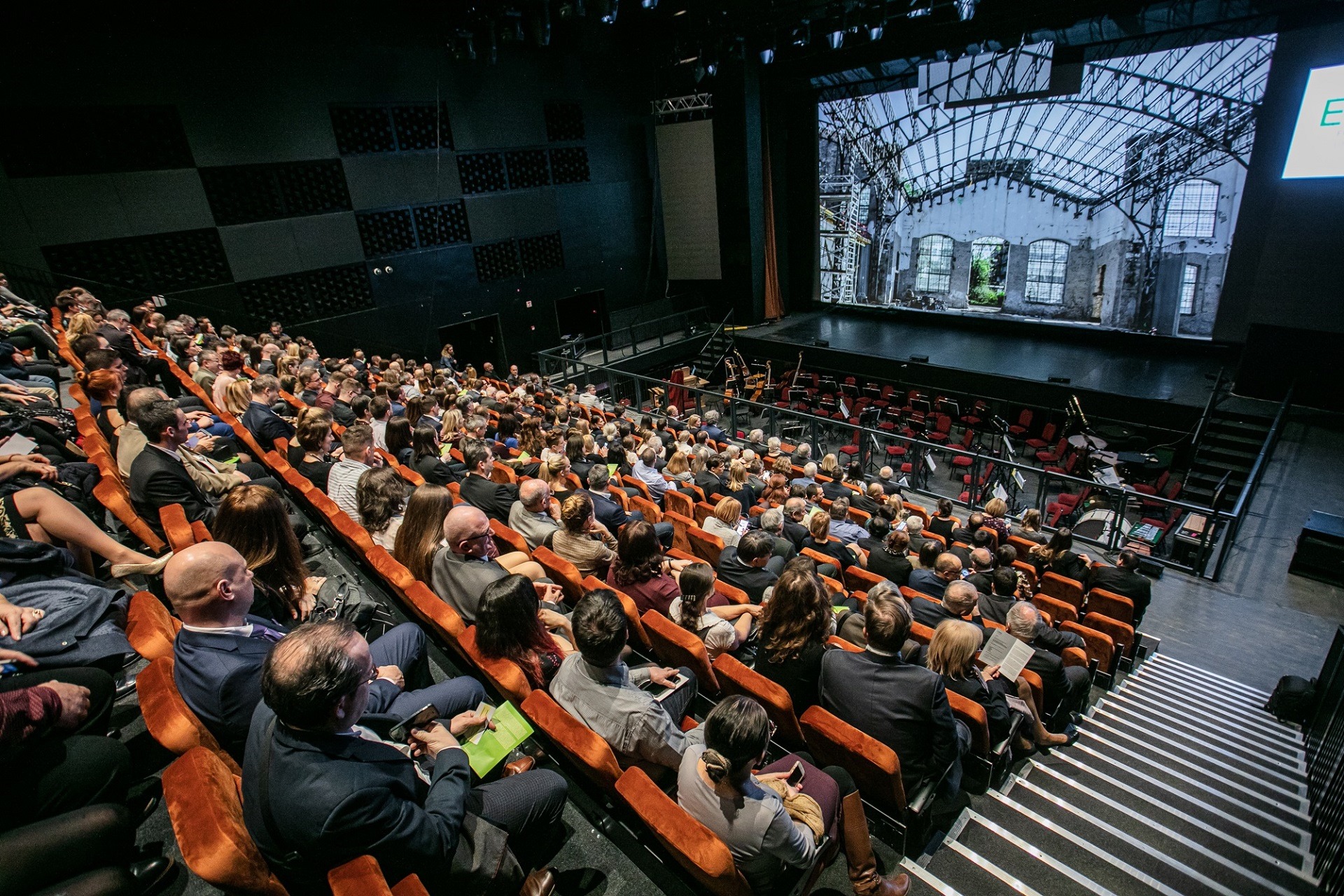 The Miklós Bánffy Hall (Photo: Opera House)
The Miklós Bánffy Hall (Photo: Opera House)
Szilveszter Ókovács, Director of the Hungarian State Opera House, emphasized that this building is not just stone and mortar. What he personally expects from the normal, long-lasting and complex operation of the Opera Eiffel Workshop is the extraction of human values beyond the material, because this will make them better, more professional, more effective and more memorable, using the power of preparation, experimentation and discovery.
.jpg) The Workshop has opened. Permanent exhibition titled Secrets.(Photo: MTI / Balázs Mohai)
The Workshop has opened. Permanent exhibition titled Secrets.(Photo: MTI / Balázs Mohai)
Workshop at the event called Rebirth before the gala evening. The new permanent exhibition of the Eiffel Workshop opened with the title Secrets., which provides an insight into the work of the background people working behind the scenes of the Hungarian State Opera House. The exhibition, which features videos, animations, photographs and costumes and set models recreated in production workshops by curator Márton Karczag, head of the Memorial Library of the Hungarian State Opera House, provides insight into the work of renowned designers such as Ágoston Spannraft, Márk László, Jenő Miklós, Gusztáv Oláh, Tivadar Márk, Gábor Forray, Attila Csikós, Judit Schäffer or Nelly Vágó.
Source: MTI
Cover photo: The Eiffel Workshop of the Hungarian State Opera House was inaugurated (Photo: Opera House)

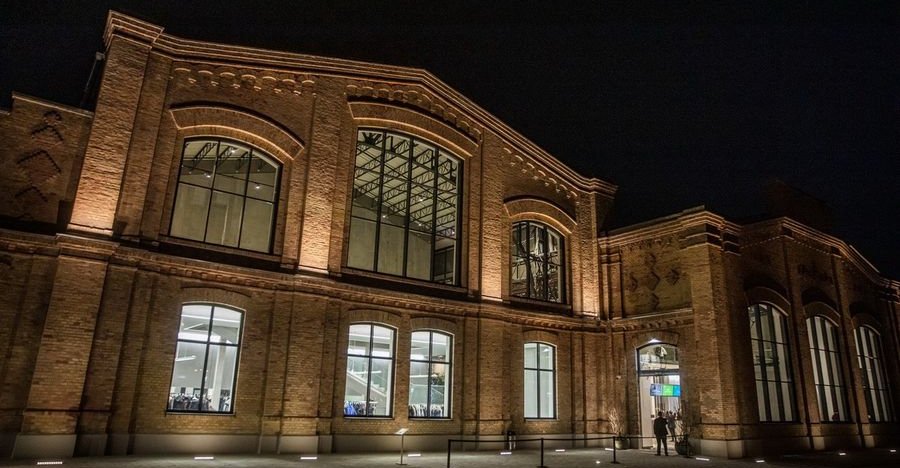
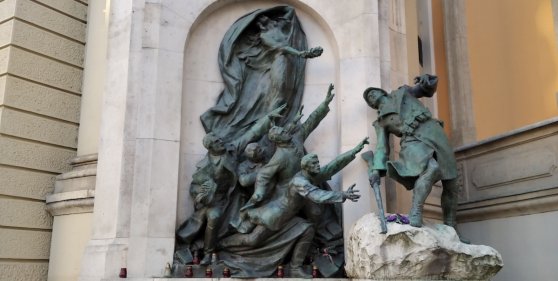
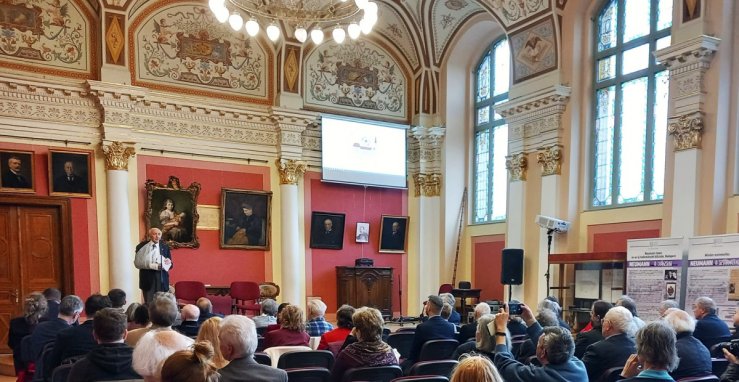
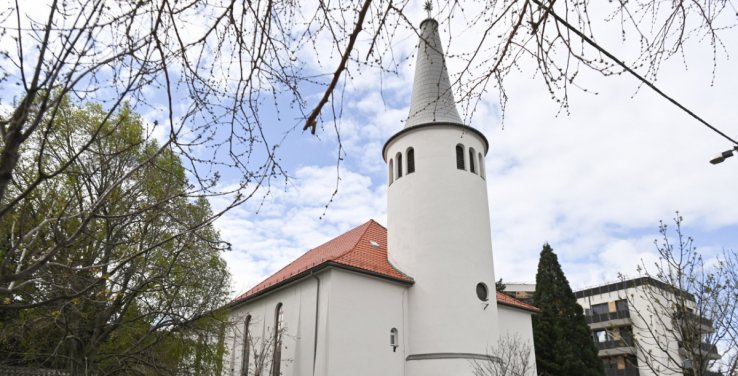
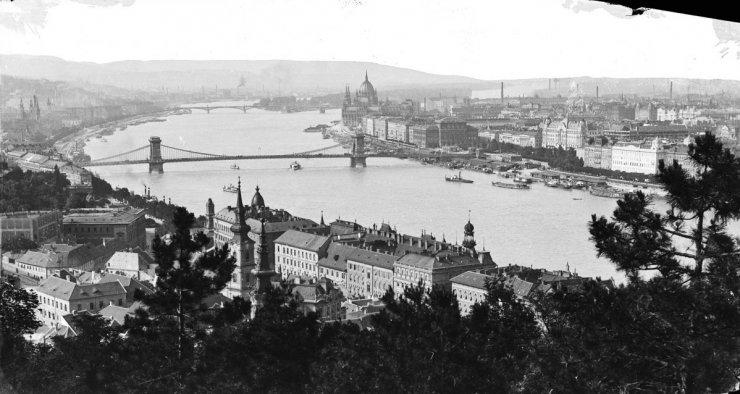
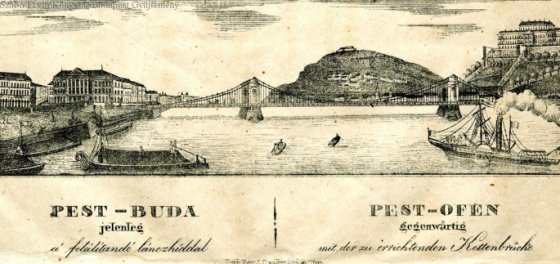
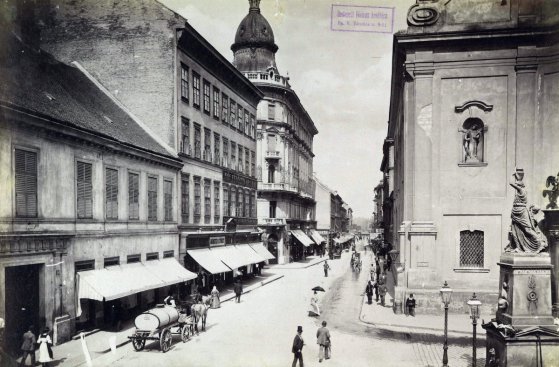
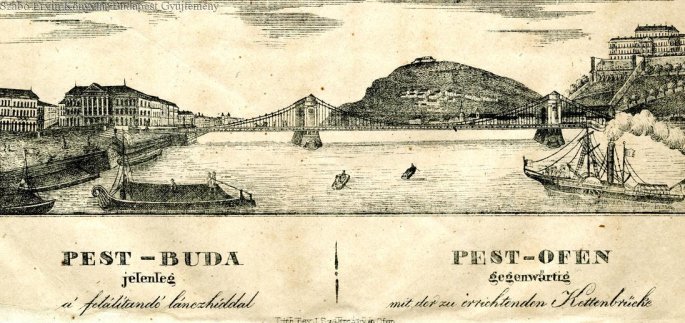
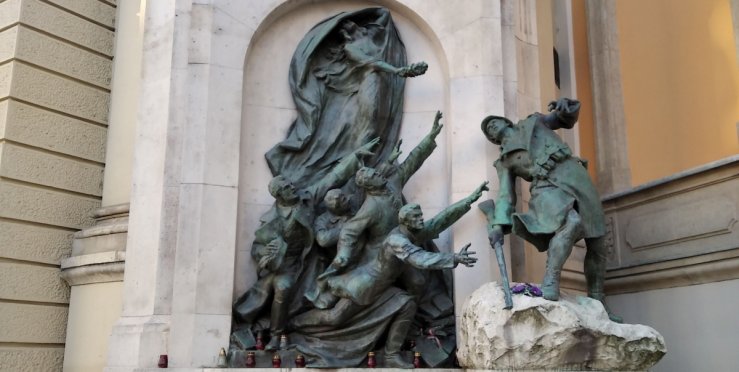
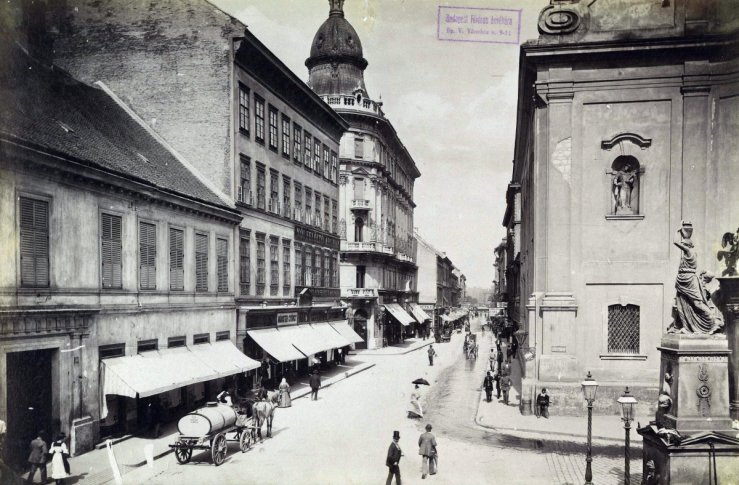
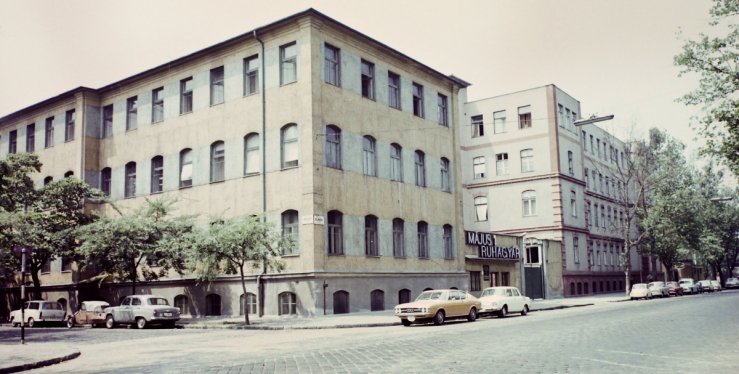
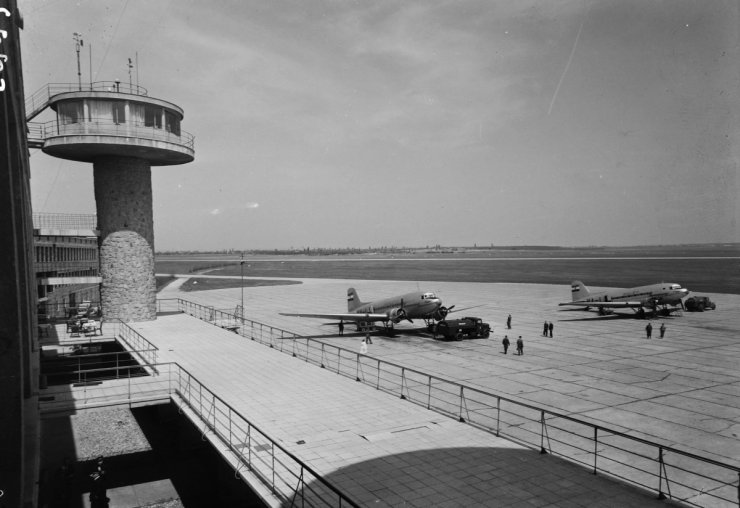
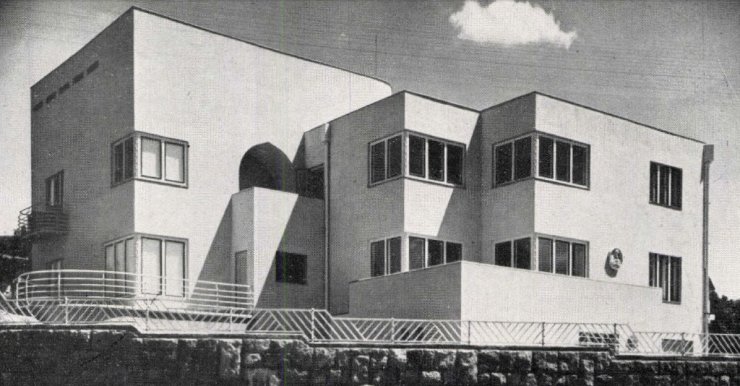
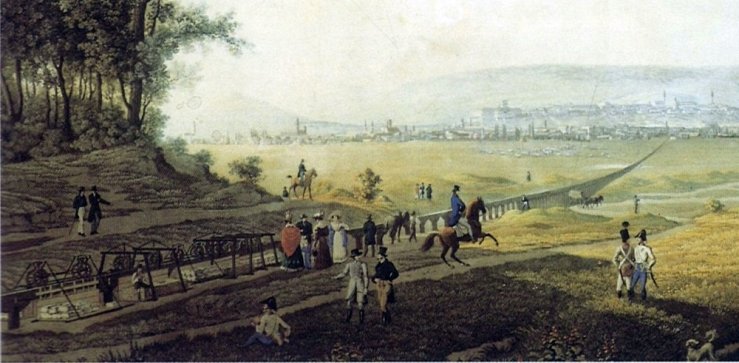
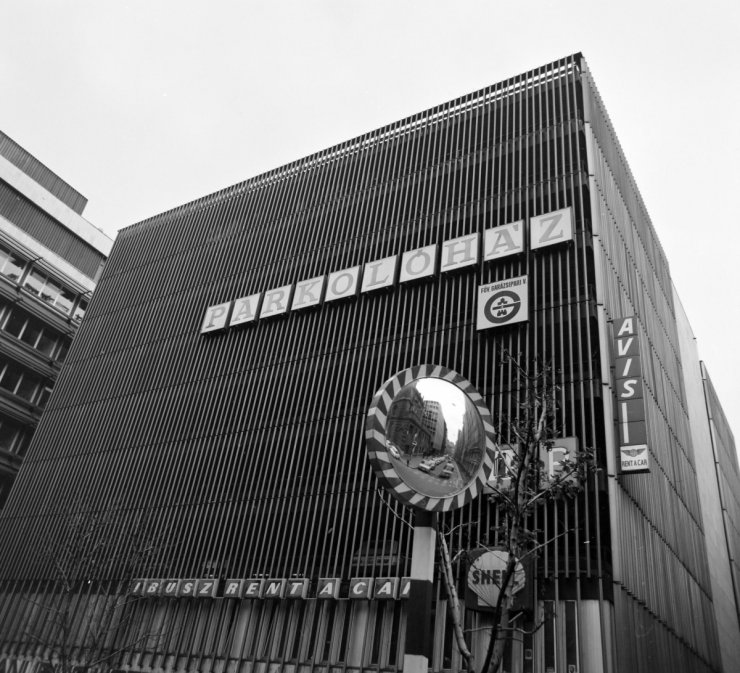
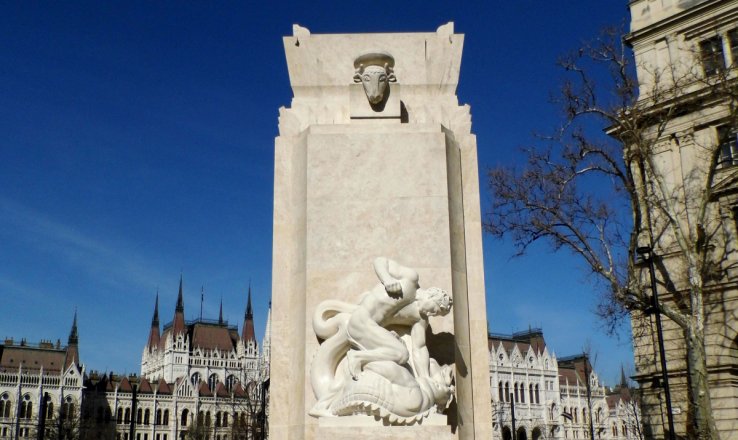
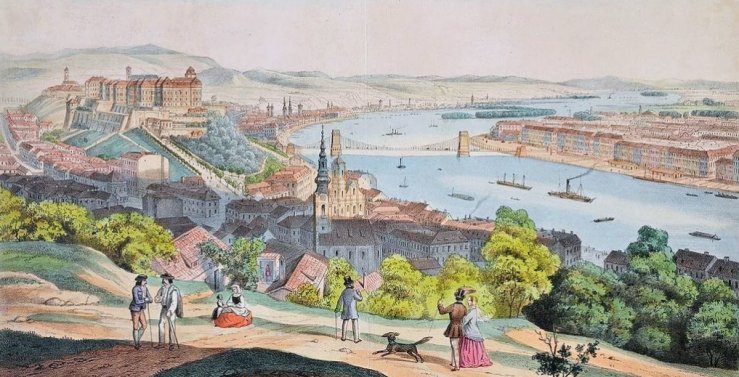
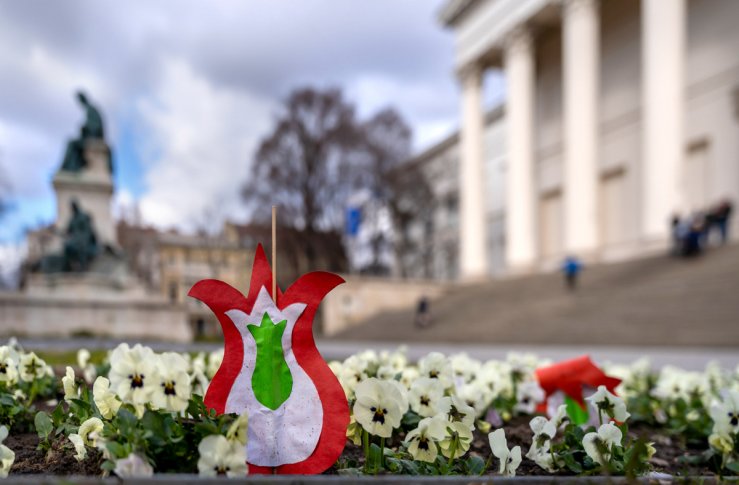
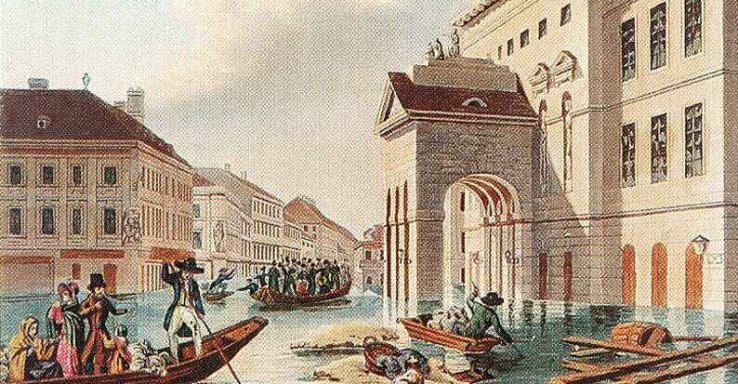
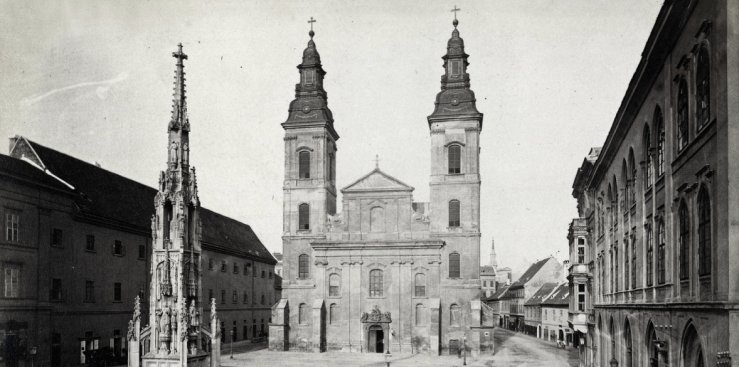
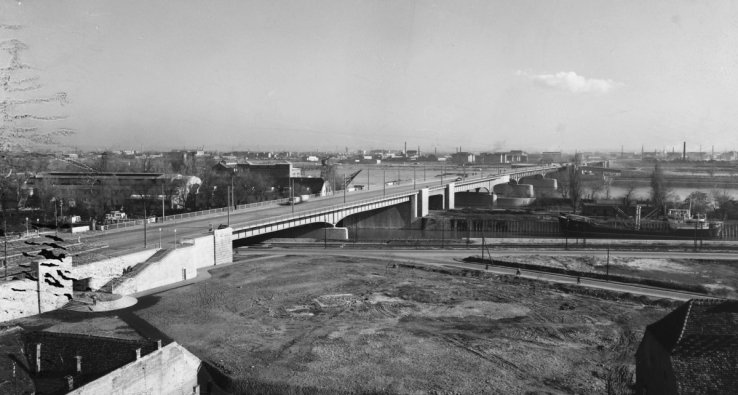
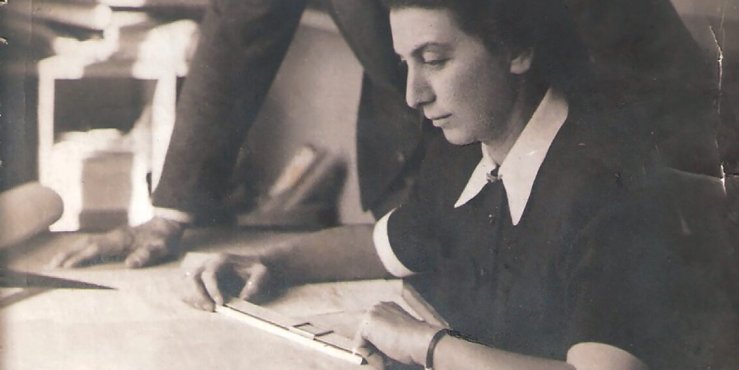
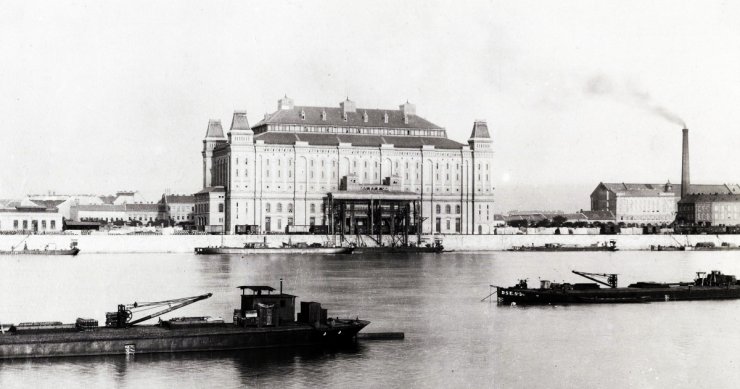
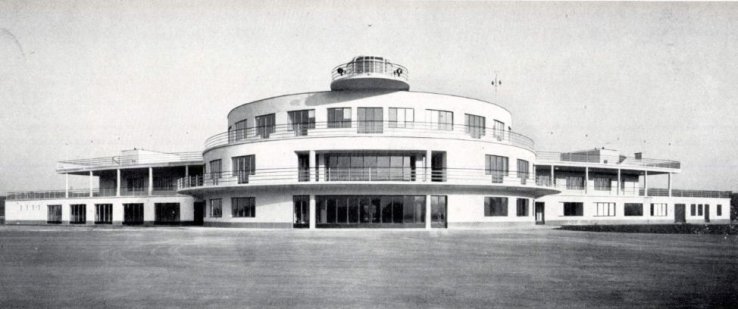
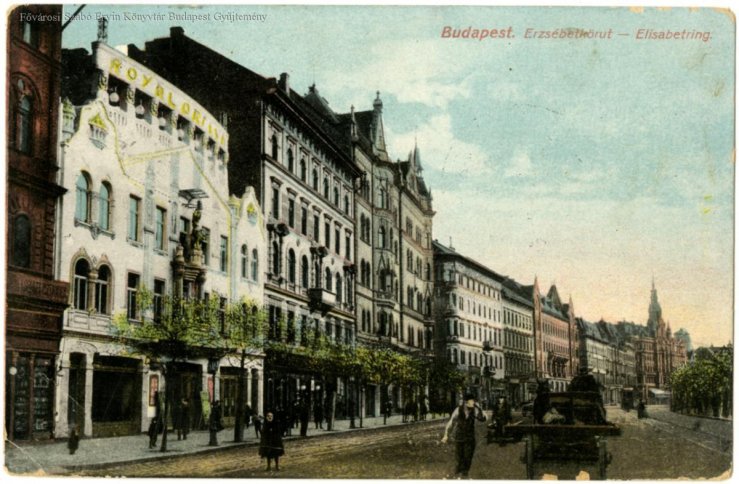
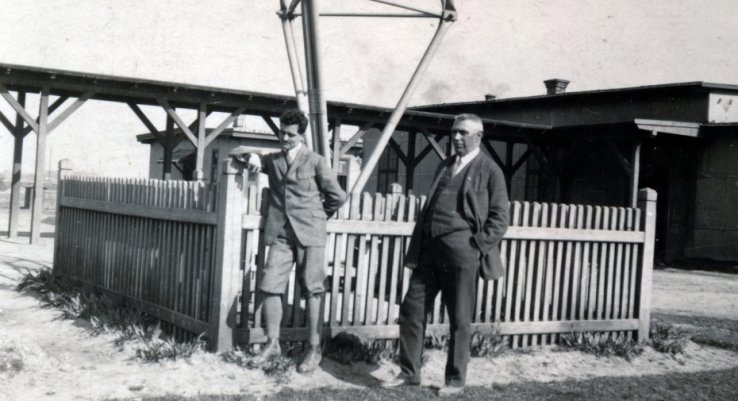
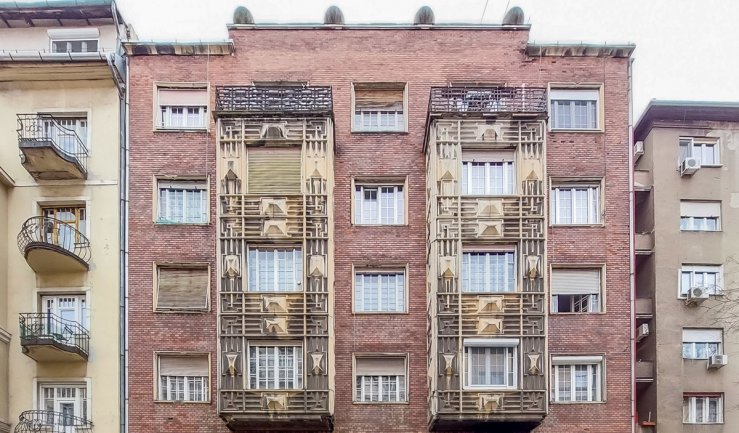
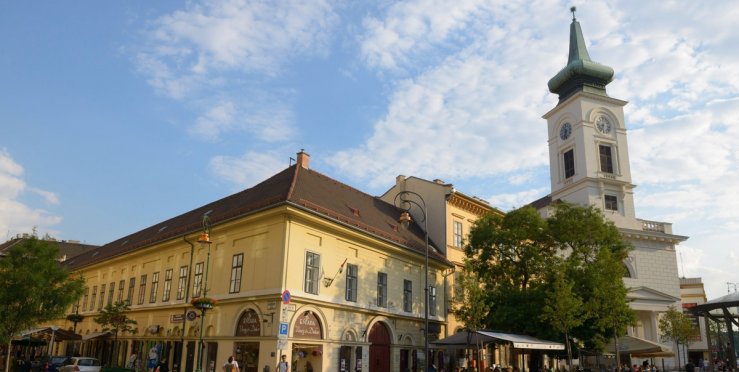
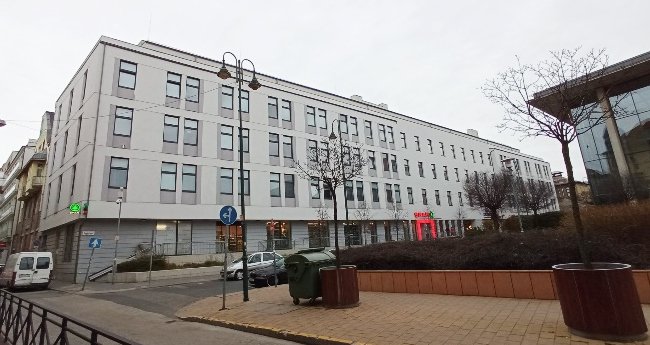
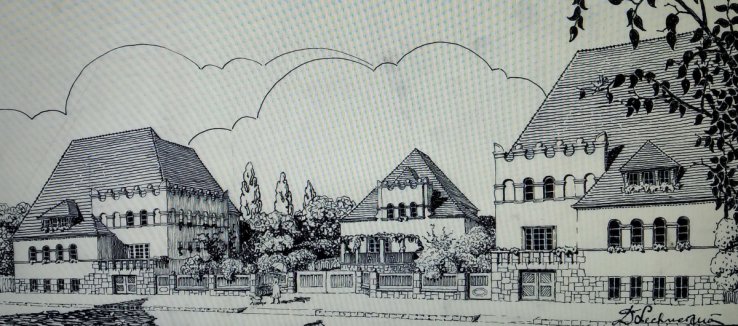
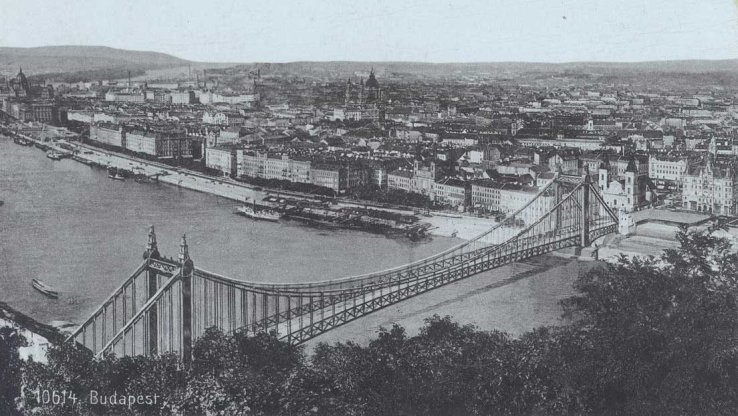
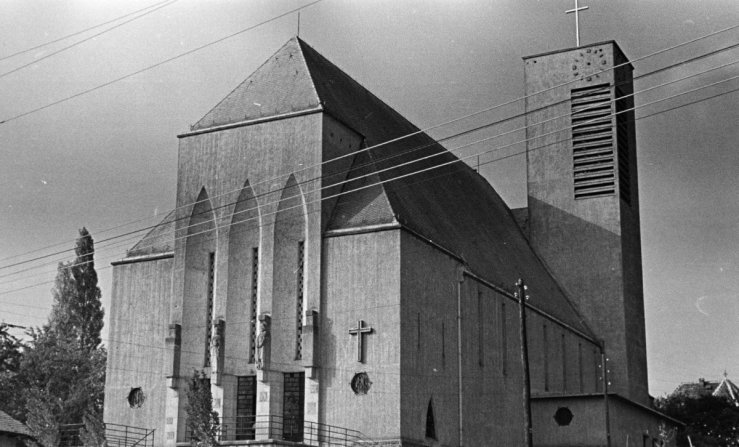
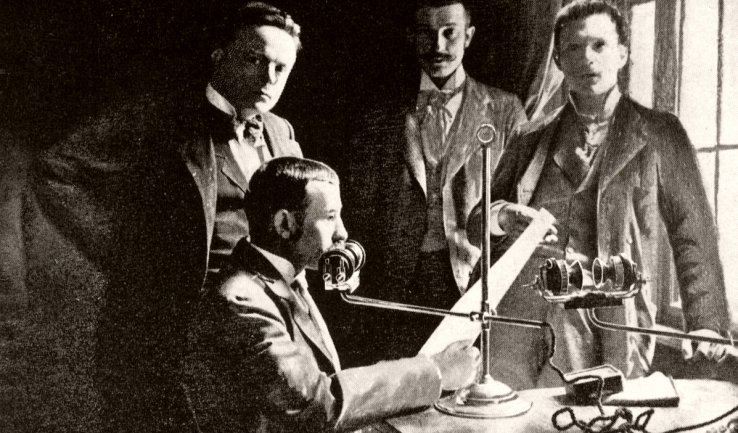

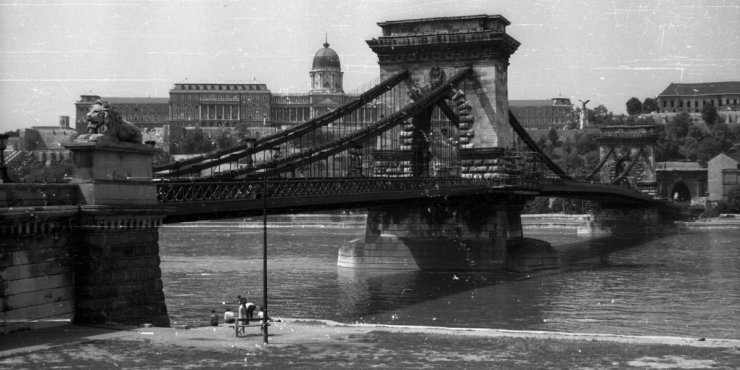
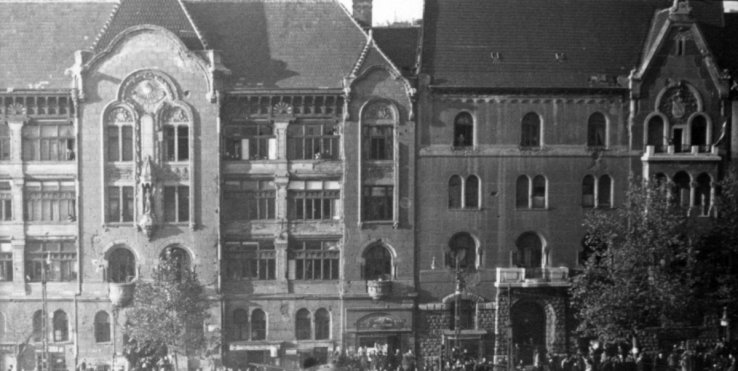
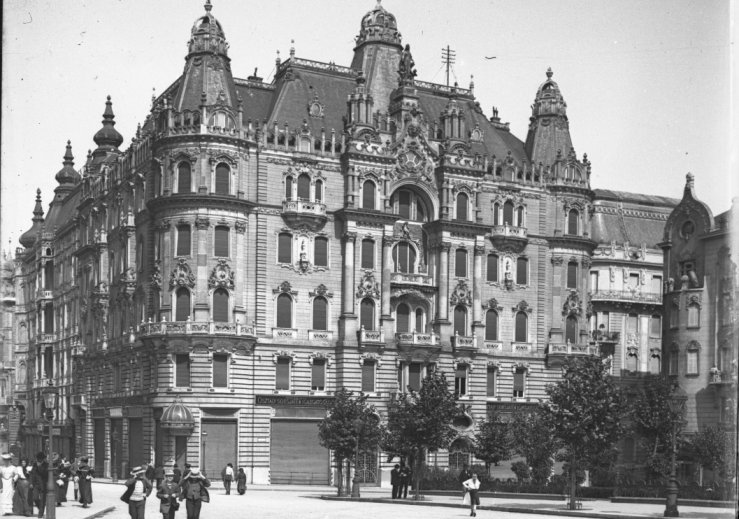
Hozzászólások
Log in or register to comment!
Login Registration